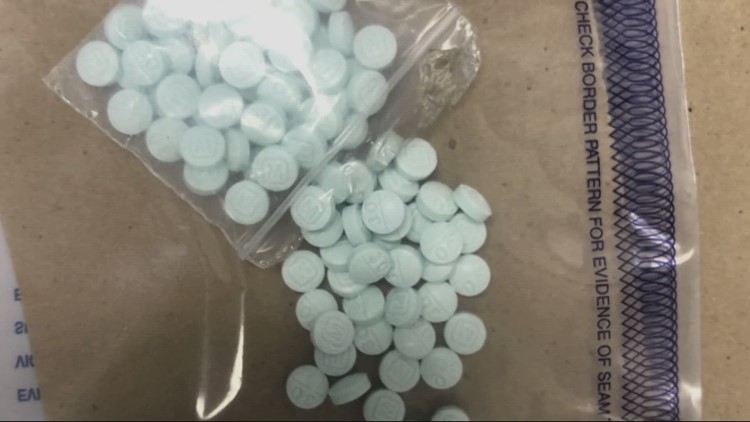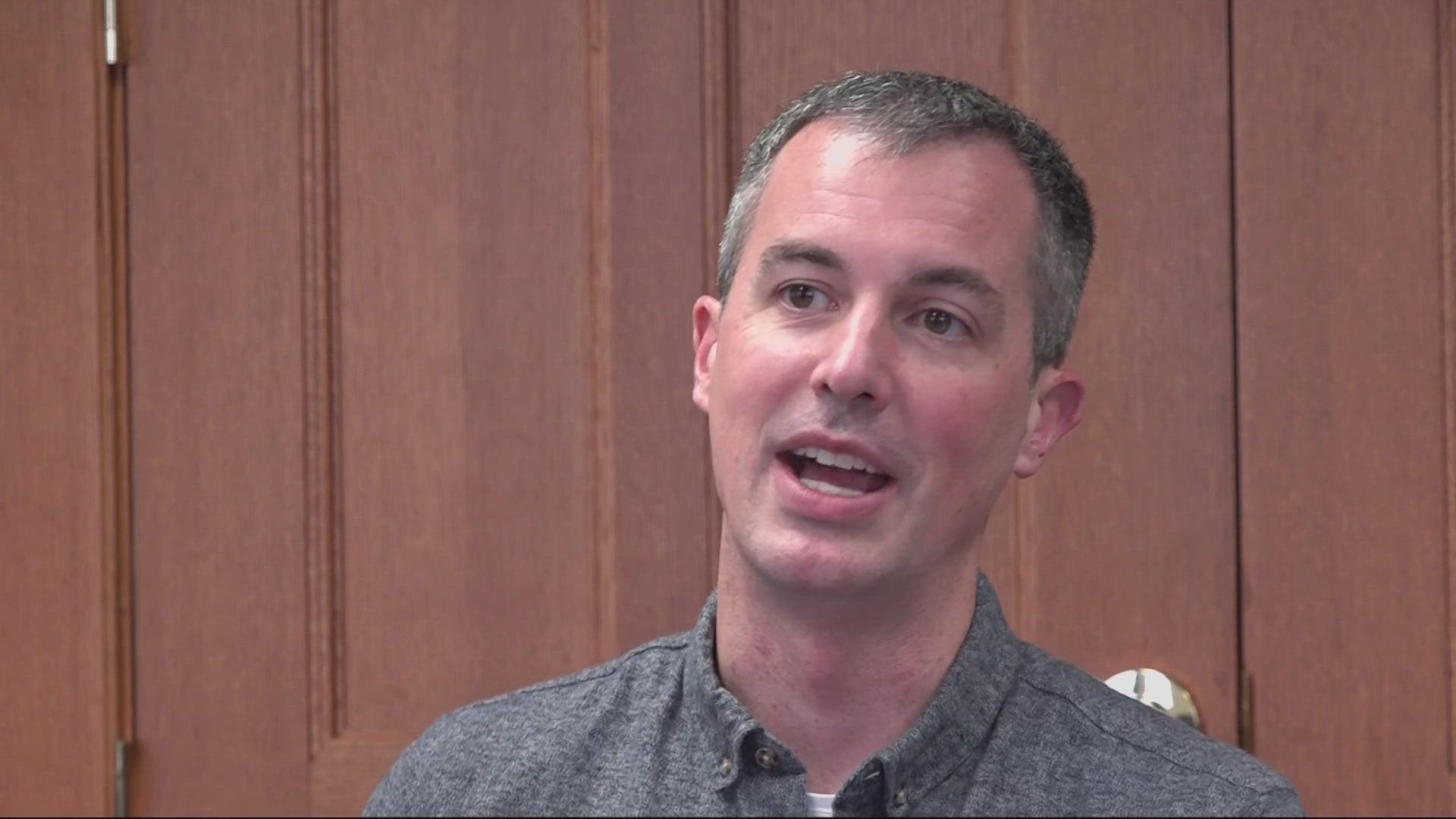PORTLAND, Oregon — A coalition of Oregonians are pushing to make significant changes they say would "fix and improve" controversial Measure 110. The group filed ballot initiatives on Monday, proposing a number of modifications to the measure.
Voters overwhelmingly passed Measure 110 in 2020. When it became law, the measure decriminalized user amounts of drugs, including fentanyl and methamphetamine, while gradually redirecting cannabis tax dollars toward drug treatment organizations. But funding for drug treatment was slow to distribute and drug overdoses have skyrocketed in the past few years. A recent survey found 56% of voters want the drug decriminalization and treatment measure repealed completely.
The group, the Coalition to Fix and Improve Ballot Measure 110, outlined a number of changes in a news release on Monday. The ballot initiatives would do the following, they said: prohibit the use of "hard drugs" in public places, recriminalize the possession of drugs like fentanyl and methamphetamine, replace voluntary addiction treatment with required treatment, prioritize treatment over jail, and maintain cannabis taxes for treatment programs.
"Measure 110 didn’t cause Oregon’s addiction and overdose crisis, but it is making them worse. Oregon leads the nation in youth overdose deaths and overall rates of use and deaths from overdoses are rising at higher rates than other states. And this human tragedy is making our streets and neighborhoods less safe. Oregon can do better," said Max Williams, who is leading the effort. Williams is a former state lawmaker and former president of the Oregon Community Foundation.
Several notable people have backed the coalition, including Columbia Sportswear CEO Tim Boyle who donated $300,000. Nike co-founder Phil Knight donated $200,000 and Portland businessman and philanthropist Jordan Schnitzer contributed $50,000.



